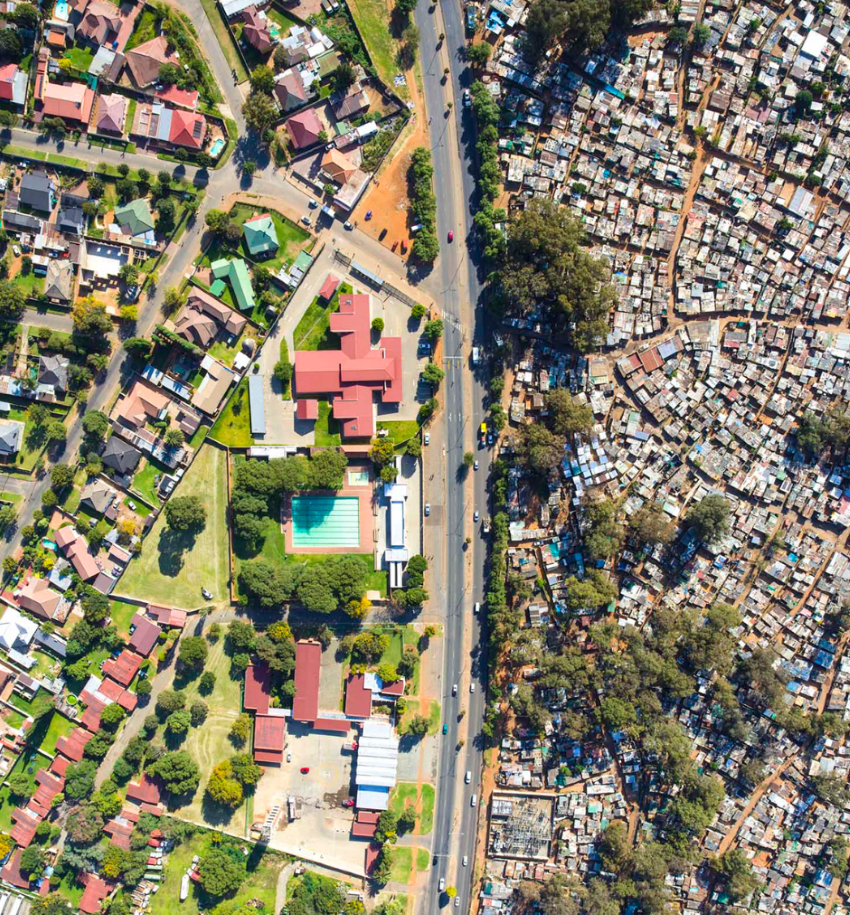Africa’s leaders must confront urban informality alongside climate threats

This article discusses the challenges and realities of informal settlements in African cities, particularly in South Africa, in the context of rapid urbanisation and climate change threats. It highlights that many people moving to cities cannot access formal housing due to high costs and lack of available land, leading to the growth of informal settlements and unsafe living conditions, especially in vulnerable areas like floodplains. Dr. Mark Napier, an expert from the CSIR (Council for Scientific and Industrial Research), argues that informal settlements must be acknowledged and integrated into formal urban planning through a process called regularisation, which includes legal recognition, land ownership, infrastructure upgrades, and access to basic services.
The article also emphasises the climate risks faced by residents of informal settlements, such as extreme heat and floods, and points to innovative, green building materials and sustainable technologies like interlocking bricks made from recycled waste as promising solutions for improving living conditions while being environmentally friendly. Overall, the piece calls for collaborative efforts between governments, communities, scientists, and NGOs to make African cities more resilient, liveable, and inclusive in the face of urban informality and climate change.
Abstract based on original source.



Comments